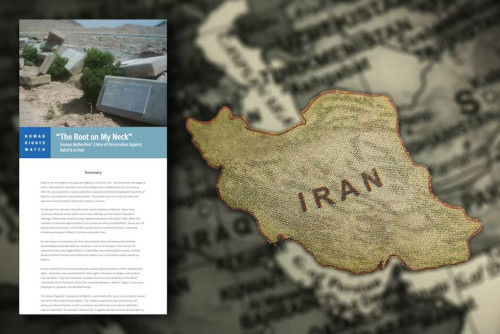 People are getting more and more excited about going back to the movies. And the trailers and commercials for Napoleon look phenomenal. Napoleon is a cautionary tale of idolizing a strong compelling person and ignoring the pain and suffering they cause. While simultaneously being blind to their hunger for power and hidden agendas.
People are getting more and more excited about going back to the movies. And the trailers and commercials for Napoleon look phenomenal. Napoleon is a cautionary tale of idolizing a strong compelling person and ignoring the pain and suffering they cause. While simultaneously being blind to their hunger for power and hidden agendas.
Napoleon Bonaparte, a towering figure in the annals of history, rose to prominence during the tumultuous era of the French Revolution. His meteoric rise from a lowly Corsican officer to Emperor of France was fueled by his exceptional military acumen, strategic genius, and unwavering ambition. His conquests stretched across Europe, redefining the political landscape and leaving an indelible mark on the continent.
A master tactician, Napoleon’s innovative military strategies and unwavering determination led to a series of dazzling victories, including the Italian Campaign and the Battle of Austerlitz. His prowess on the battlefield earned him the admiration of his troops and the fear of his adversaries.
Many see Napoleon Bonaparte as a complicated, multidimensional man who had a major effect on how human history developed. He was a highly skilled military man and a brilliant strategist. His efforts for the unity of Europe and the dismantling of obstacles based on prejudice and superstition must also be acknowledged. But we also have to criticize his hunger for power and ambition. The drawbacks of Napoleon’s reign must also be acknowledged, such as his avarice, desire, and the tremendous misery and carnage he inflicted.
This illustrates the duality of human nature, each person’s propensity for both greatness and destruction.
If we think of his accomplishments we can see why some of his countrymen revered him and longed for his return. But we have to be careful not to idolize Napoleon because of his unbridled ambition, wild pride, indifference to human suffering, and relentless pursuit of self-aggrandizement, all of which ultimately brought about his demise and the agony of many others. It is clear that Napoleon’s, motives were not purely altruistic and that his actions had many negative consequences.
Napoleon serves as a reminder of the importance of striking a balance between personal ambition and the well-being of humanity. While individuals may possess great talents and abilities, these gifts should be used to uplift and benefit others, not to satisfy personal desires for power and control. Napoleon’s legacy, though marked by both triumphs and tragedies, serves as a cautionary tale about the dangers of unchecked ambition and the importance of using one’s gifts for the betterment of society.
 History is replete with examples of people putting individuals on pedestals only to be led down a path of perdition. In this instance, the wish of the French people for Napoleon to return from his captivity on Elba in 1814. was an illustration of how they had neglected to take the lessons from the past because of their love of military glory and unbridled nationalism. They were prepared to accept Napoleon as their rescuer once more because they had forgotten the agony and bloodshed he had inflicted upon them.
History is replete with examples of people putting individuals on pedestals only to be led down a path of perdition. In this instance, the wish of the French people for Napoleon to return from his captivity on Elba in 1814. was an illustration of how they had neglected to take the lessons from the past because of their love of military glory and unbridled nationalism. They were prepared to accept Napoleon as their rescuer once more because they had forgotten the agony and bloodshed he had inflicted upon them.
The French people’s desire for Napoleon’s return was a sign of their immaturity and their lack of understanding of the true principles of governance.
Like many civilizations before them, the French people fell prey to the intoxicating appeal of power and the mirage of glory. They neglected the profound truth that true greatness is not found in subjugation and conquest but in the cultivation of justice, love, and unity.
The story of Napoleon should be a cautionary tale about the dangers of nationalism and the allure of power. We must keep in mind that true progress can only be achieved through cooperation and understanding, not through conquest and domination.




